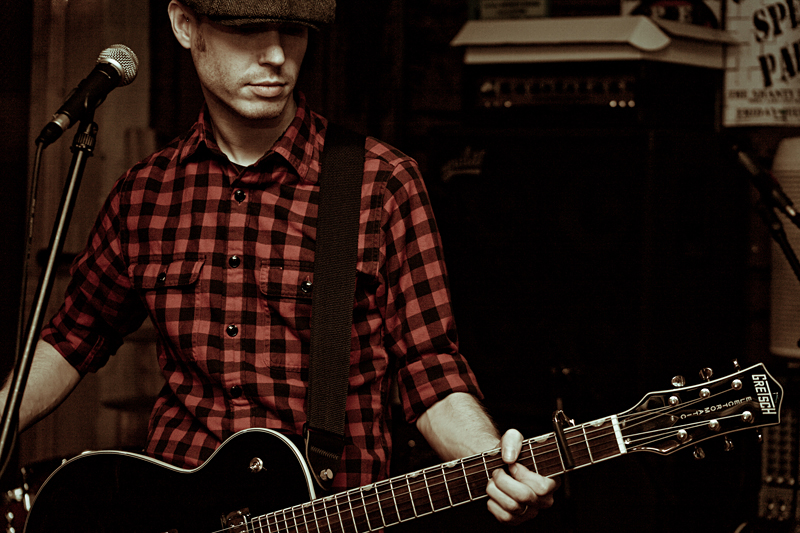Gai Bol Thong, a South Sudanese refugee living in Seattle, recently raised $45,000 to send to his war-torn homeland. The New York Times reported last week that the money may have been used to fund genocide, and quoted Thong as saying his tribesmen plan to “kill everybody” in a rival clan. But in an interview with Seattle Weekly, Thong tried to clarify his statements, and claimed his goal is peace.
The Times‘ Jeffrey Gettleman painted a bleak picture of the world’s newest country in his report, describing a massacre in the village of Pibor, near a United Nations compound. The paper’s East Africa bureau chief witnessed a trail of corpses that “stretches for miles into the bush,” including, “a whole family—man, woman, two children—all facedown in the swamp grass, executed together.”
The cause of the violence is said to be longstanding tensions between two ethnic groups, the Nuer and the Murle. Both the South Sudanese government and UN peacekeepers have failed to intervene in the clashes, and “heavily armed militias the size of small armies are now marching on villages and towns with impunity, sometimes with blatantly genocidal intent.”
A public statement issued by the Nuer tribe threatened to “wipe out the entire Murle tribe on the face of the earth.” A co-author of that statement is Thong, a 40-year-old native of South Sudan who came to Seattle in 1995 after spending several years in refugee camps in Kenya and Ethiopia.
According to the Times, Thong raised $45,000 to finance a Nuer militia known as the White Army. “We kill everybody,” he coldly vowed. “We are tired of them [the Murle.]”
Reached by phone, though, Thong sought to clarify those genocidal-sounding remarks. He says the Nuer warriors are not a militia, but bands of child soldiers bent on avenging previous Murle atrocities. “Last year they killed 640 people at one time, in one night in two villages,” Thong says of the Murle. “They kill the young people, the adults, they take the cattle and burn down the village at night and run away. The government of South Sudan [has] never done nothing, they never provide security, the United Nations never do nothing.
“That’s the reason they take revenge,” Thong continues. “They go to Murle village and attack it, they kill some people, not a lot of people. They go to fight Murle warriors, not to kill the children or the old ladies.”
Thong is a leader of the group Nuer Youth in North America and a prominent member of Seattle’s sizable South Sudanese community. He says that the tribal feuds that have plunged his native country into chaos are virtually nonexistent in his adopted city, and members of the Nuer, Murle, Dinka, and other tribes “live here peacefully.”
As for the $45,000, he says it took more than a year to cobble together from donors across the United States and Canada. The funds, he says, were not gathered to pay for war, but because the South Sudan government is still in its infancy (the country was officially recognized in July) and cannot provide basic services “if we have a national incident or emergency.”
Thong blames the horrific violence described in the Times on the weak government, and tries to rationalize the barbarities by claiming his clansmen in Africa have no choice but to defend themselves. “If we say ‘They kill everybody,’ it doesn’t mean children,” Thong says. “What we meant when we said ‘We’ll kill everybody’ is ‘We’ll protect our territory.’ “
He adds that he recently conferred with Murle leaders in Seattle and discussed ways to halt the bloodshed. “We’re working to do something else so we can live peacefully,” Thong says. “Fighting doesn’t make any sense.”






